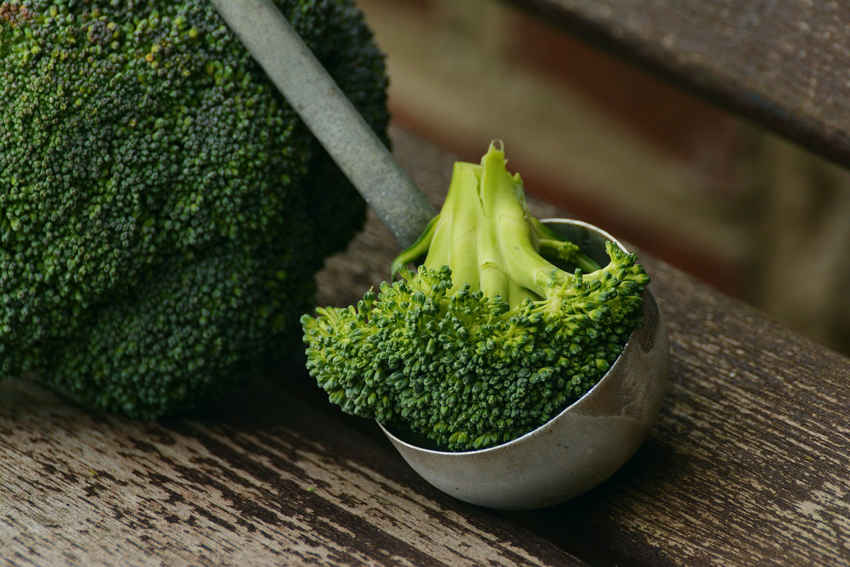There are many factors about winter that can permanently weaken your immune system, ultimately resulting in poor health. When this happens, you succumb to viruses more easily. A winter health check-up is a useful way to boost your immunity and help you get back all your energy fast.

Never thought about making the health of your intestinal ecosystem a priority? It should be. In a way, it’s the foundation of lasting and strong health. This delicate balance is based three factors:
Often mistreated by the overconsumption of animal protein, the repeated use of antibiotics, everyday stress and many other harmful factors, the intestine, called the body’s “second brain” (and rightly so), should be treated with care, because it keep you healthy.
To start the winter season off right by keeping it balanced, consider eating fermented foods made using lacto-fermentation, fiber and lots vegetables. For some people, opting for probiotic bacteria can be really helpful for restoring balance.
Your liver is one of the most important organs because it detoxifies your body. Its function, be it weak or more moderate, depends directly on the number of xenobiotics that it has to process. Xenobiotics are molecules foreign to your body, linked to consuming drugs, birth control pills, processed meats, alcohol or tobacco, not to mention being exposed to exhaust gases, pesticides or detergents. That’s why a winter health check-up can be ideal for taking care of your liver and boosting its ability to detoxify your body.
To do this, I recommend eating foods high in zinc, copper, magnesium and B vitamins. Try eating fruits and vegetables such as cabbage, artichokes or broccoli on a regular basis. Also focus on garlic, thyme or rosemary infusions without forgetting to drink enough water, which is at least 1.5 liters a day.

Don’t underestimate the importance of omega-3s. Your body needs good fats to function correctly. These are different from the bad fats you find in processed meals, pastries, cured meats and spreads. Unlike bad fats, which considerably increase the risk of cardiovascular diseases, omega-3s work together with your body’s cells to respond to the needs of physically active people in particular, whose muscle fibers need more nourishment.
A person can exercise for many reasons, which typically requires your body to adapt itself to the physical effort it needs to make, the goal ultimately being to build endurance. But, exercise triggers inflammation, whose goal is to implement the entire adaptation process. That’s why keeping your muscle fibers well nourished is one of the most important ways to keep your everyday energy levels up as well as on the day of your workout. Focus on oily fish (anchovies, salmon or mackerel), extra virgin oils (linseed, rapeseed or walnut) as well as almonds and walnuts.

Does the end of fall have you on your knees? Are you tired, irritable, nervous and not getting restful sleep? Then you’re definitely aren’t getting enough magnesium! It’s a must and is something your energy metabolism can’t do without. You need approximately 3mg per pound of ideal body weight per day, which amounts to 420mg for men and 360mg for women. The key is to eat nuts, whole-grain products, fruits and vegetables that enable to you to reach these amounts.
Also pay attention your body’s acid-base balance. Meals that are too salty, beverages that are too sweet, a diet that’s too high in animal protein and not eating enough fruits and vegetables can lead to imbalance in addition to chronic fatigue and a drop in athletic performance. Over the long term, this can even cause osteoporosis and bone demineralization. Eat fruits (especially citrus fruits), vegetables (cabbage, broccoli, beets and green salads), not to mention sprouted seeds, brewer’s yeast and algae, which are great for supplementing your alkaline-forming meals. Lemon is excellent for lowering your blood pH levels.
Your health depends on a diet that gives you all the nutrients and vitamins you need for your everyday wellness, especially if you suffer from winter fatigue.
Join the 7 million users already registered on FizzUp
Join us